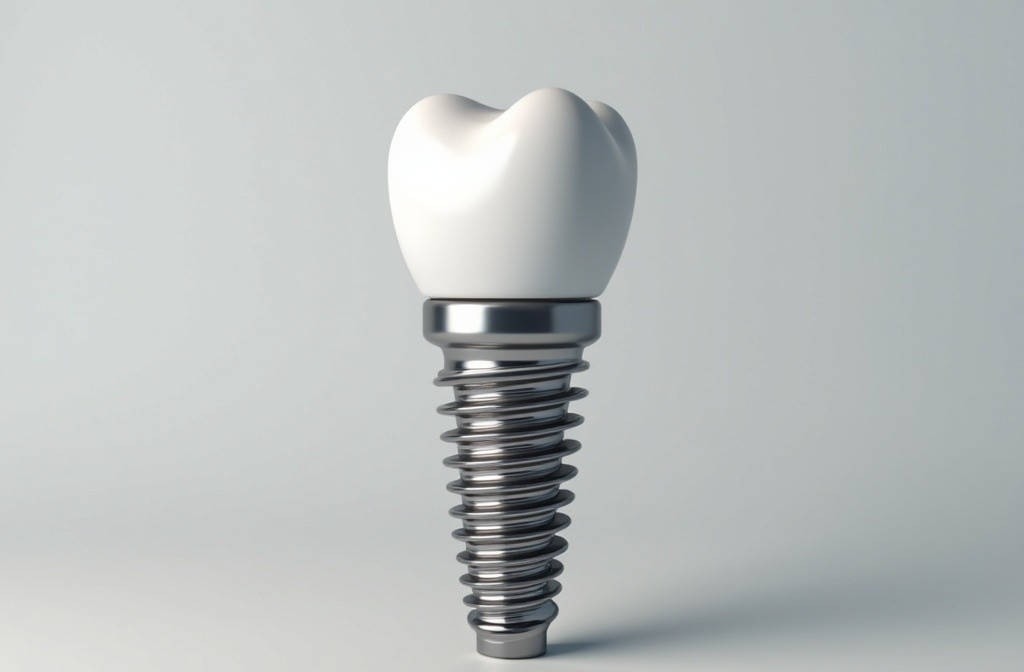As we look ahead to 2025, the need for dental implants is expected to rise, and with that comes an interest in the costs associated with these vital restorative procedures. With advancements in dental technology and a heightened awareness of oral health, more people are considering dental implants as a viable option for replacing missing teeth.

Understanding Dental Implants
Dental implants are artificial tooth roots made of titanium that are surgically placed into the jawbone. They serve as the foundation for mounting replacement teeth or bridges. These implants offer a long-term solution for individuals who have lost teeth due to decay, periodontal disease, or injury. Their popularity stems from the fact that they blend seamlessly with natural teeth and offer functionality similar to natural teeth, aiding in both aesthetic and practical concerns.
The procedure for placing a dental implant typically involves a multi-step process that can take several months to complete. It begins with a consultation and comprehensive examination to assess the health of your gums and bones. Following this, the implant is surgically placed within the jawbone. Over time, it integrates with the bone through a process known as osseointegration. Once sufficient healing has occurred, a crown is attached to the implant, resulting in a natural-looking restoration.
Factors Influencing Dental Implant Costs
Dental implant costs can vary significantly, influenced by several factors, including:
- Geographic Location: The cost of living and availability of specialized dental services in various regions can greatly affect the price of dental implants. Urban areas or places with a high cost of living tend to have higher dental fees compared to rural areas.
- Complexity of the Case: The complexity of the individual’s dental condition affects the overall cost. For example, patients requiring bone grafts or additional surgeries will incur higher costs.
- Experience of the Dentist: Experienced dental professionals who specialize in implantology might charge more for their expertise and refined techniques.
- Type of Implant: The specific brand or type of implant can affect costs, with some brands known for their longevity and compatibility being more expensive than others.
- Materials Used: The materials used for both the implant and the crown can vary. Options include porcelain or zirconia crowns, each with different price points.
For more detailed insights on how various factors affect dental implant costs, you can check resources such as Affordable Dentures.
Average Cost of Dental Implants
The average cost of a single dental implant in the United States ranges between $3,000 and $5,000. This price typically includes the implant, the abutment, and the crown, although additional procedures like bone grafting might be charged separately. According to Dental Depot DFW, the costs can vary based on the dentist’s experience and location, among other factors.
Despite the seemingly high initial cost, dental implants offer a cost-effective long-term solution compared to alternatives like dentures or bridges, which often require frequent replacements or repairs. More detailed information on individual cost components can also be found at GoodRx.
Insurance and Payment Options
Many dental insurance plans do not cover dental implants because they are often considered a cosmetic procedure. However, some insurers may provide partial coverage if the implant is necessary to preserve oral health. It is advised to consult with your insurance provider to confirm your coverage details.
For individuals whose insurance does not cover the procedure, there are several alternative payment options available. Many dental offices offer financing plans or payment plans that allow patients to spread the cost over time. Additionally, healthcare credit services provide another viable option for managing expenses without upfront costs.
How Implants Restore Confidence
Beyond the practical benefits, dental implants have significant positive impacts on psychological wellness. Missing teeth can cause self-esteem issues and changes in eating and speaking habits. Dental implants mimic the look and feel of natural teeth, which restores both functionality and appearance, greatly enhancing self-confidence.
The presence of a full set of teeth contributes to a better quality of life, allowing individuals to engage more freely in social activities and enhancing their overall well-being. These restorative impacts make dental implants a life-changing investment for many.
Conclusion
As we approach 2025, dental implants continue to emerge as a leading choice for tooth replacement due to their durability, functionality, and aesthetic benefits. Understanding the factors that influence the cost of dental implants is crucial for making an informed decision. While the initial investment may seem substantial, the long-term benefits and restored confidence make dental implants a worthy consideration for anyone faced with tooth loss.
For individuals seeking detailed information on cost considerations, the availability of expert advice, and viable financial solutions, resources like Dental Depot DFW, GoodRx, and Affordable Dentures provide comprehensive insights into what prospective patients need to know about dental implants.
As the demand continues to rise, ensuring that you are well informed about costs, procedures, and benefits can promote a smoother transition to an improved smile through dental implants.




